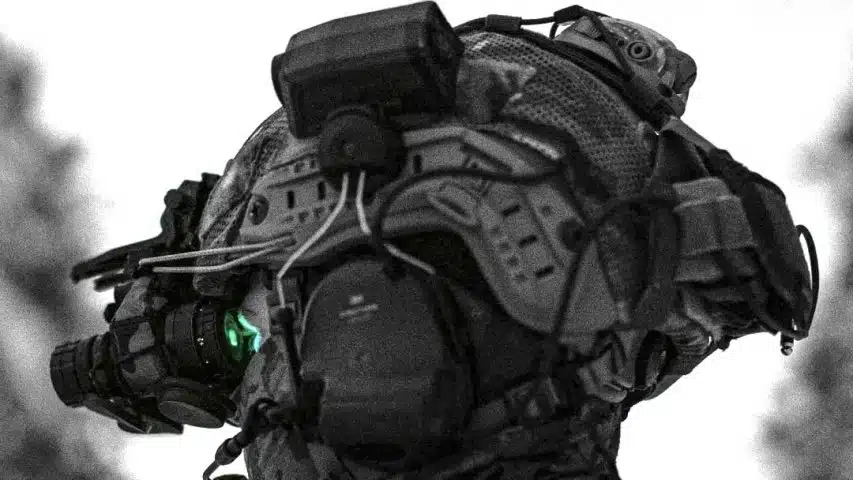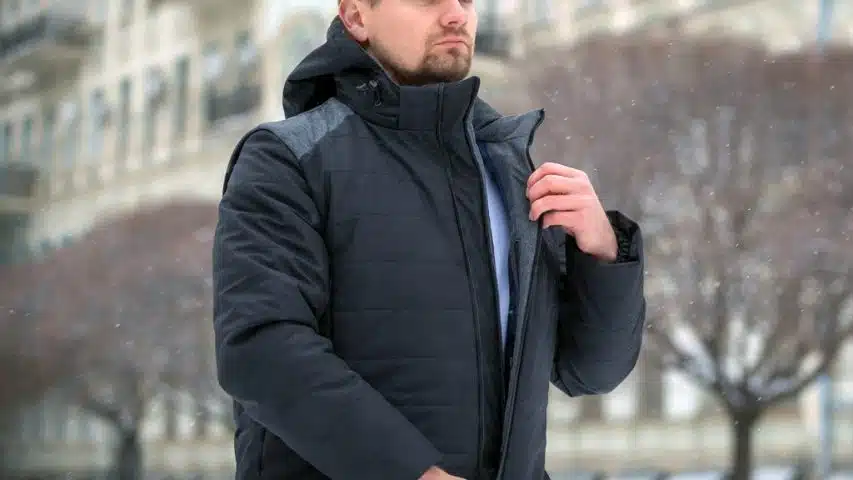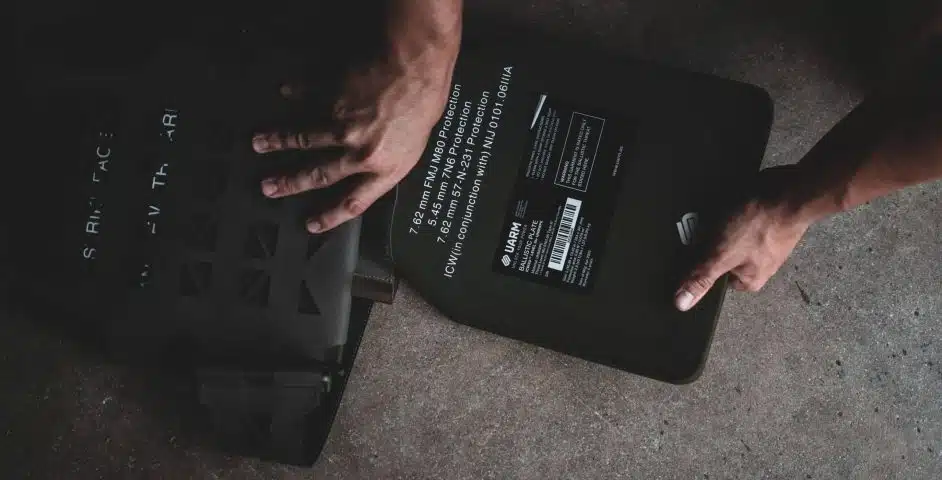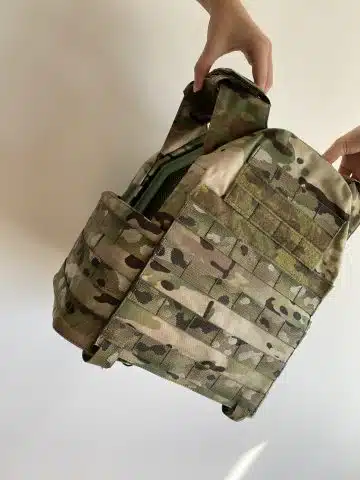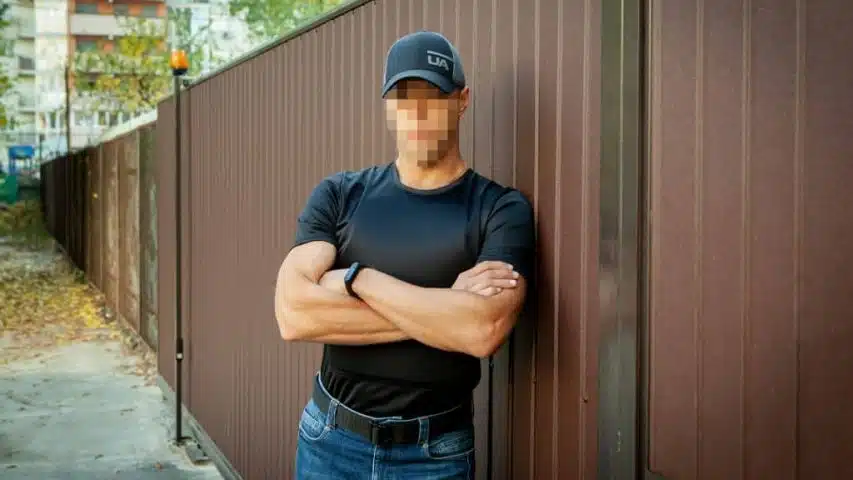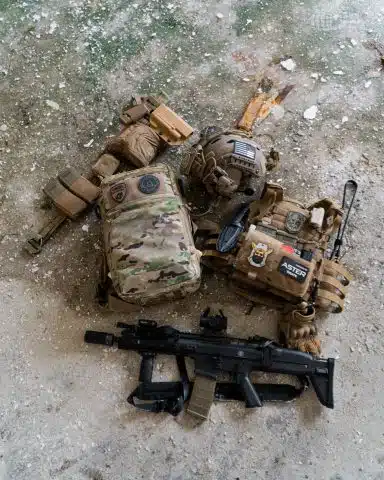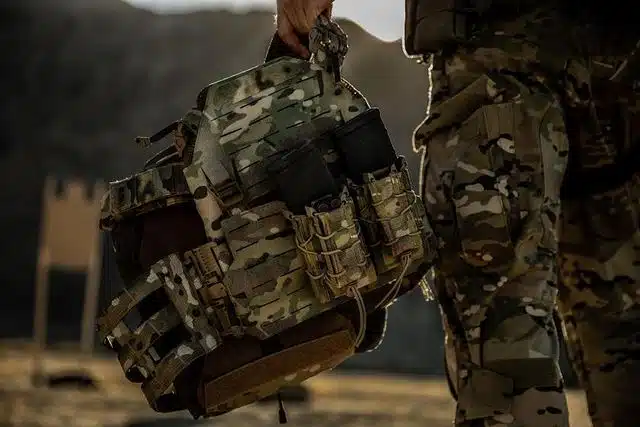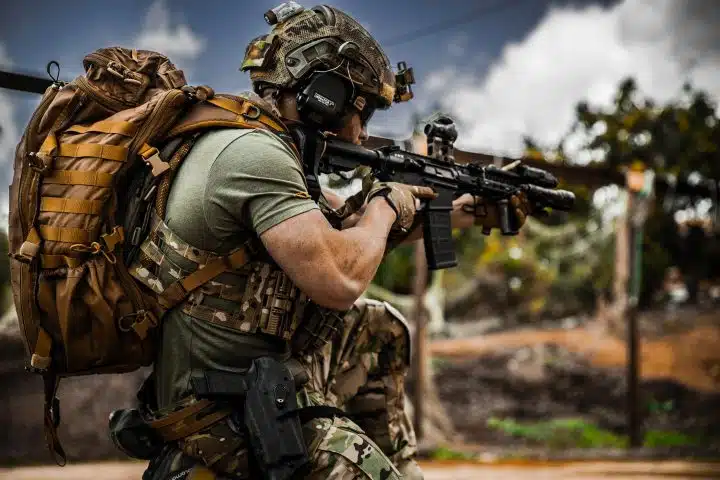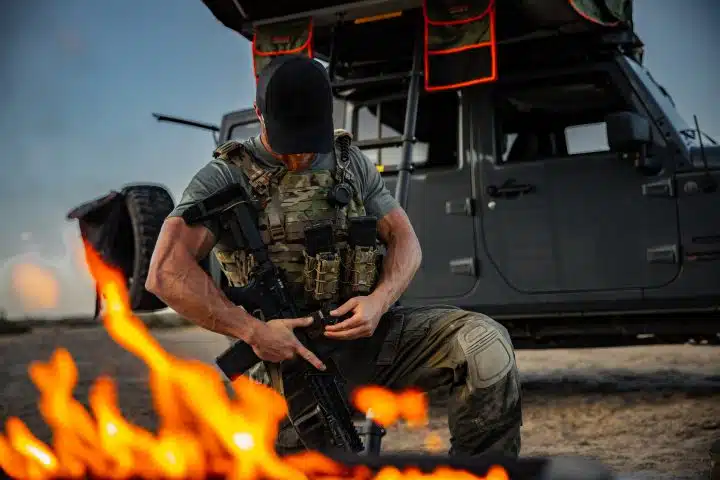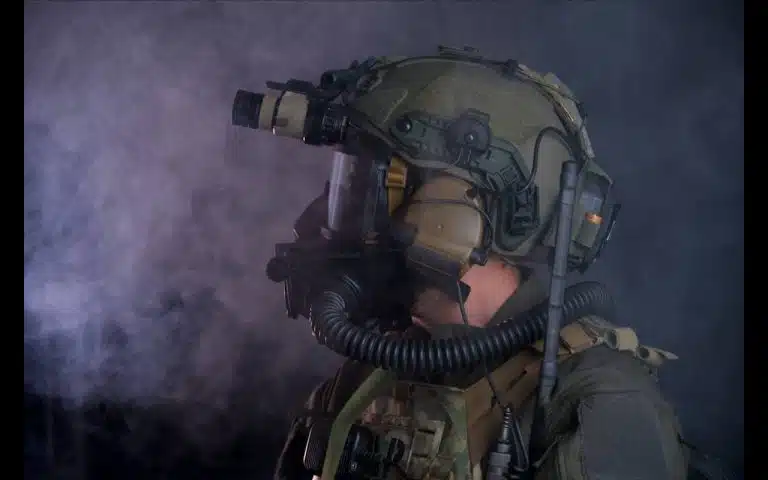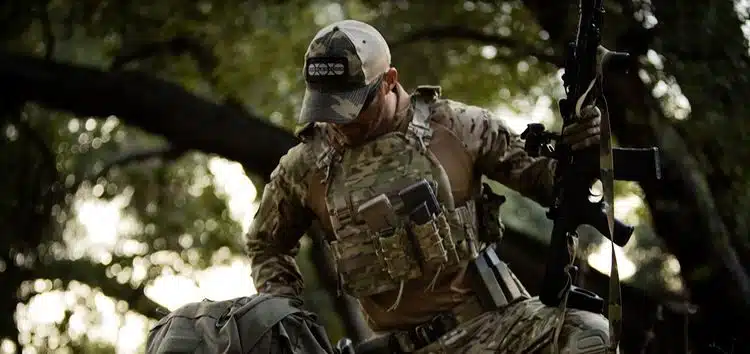Every manufacturer in the world will swear that the best plate carrier to buy is exactly the one they make. And, the worst thing is they might be correct. All current high-end manufacturers make good products, but your best pick will be the one that works best for you.
Although these can be extrapolated into a dozen smaller ones, every PC will have three aspects that you will need to consider:
- Durability.
- Comfort.
- Utility.
And not only will the mixture of all three make different results, but the amount of each aspect as well.
For instance, comfort is one of the most important aspects for battlefield soldiers who need to carry their armor for hours and can’t let fatigue lower their combat ability. But, if you are trying to stay covert you will want to sacrifice some comfort to stay hidden in plain sight.
This even applies to durability. Generally, you want your PC to be as tough as possible because it keeps it reliable. But, there must be a weak spot on the carrier so that, in case something sneaks through a medic can quickly cut it off you and operate.
Types of Plate Carriers
It seems that the number of types of plate carriers is always slightly less than the number of possible combat situations. Still, this is a very wide range and it is always getting bigger.
But, we can put all carriers into three very broad categories: Carriers made for protection, carriers made for speed, and those made for stealth. And all types have their express purpose.
It is impossible to find a carrier that will do all three perfectly. But, there are models that may pull double duty if you need them. For instance, you will stay quite fast with a covert plate carrier.
But, you will lose some utility, the same way you will lose some comfort if you were to use a stealthy PC just for high-mobility missions.
It will be up to you and your team to pick the best option. Thankfully, the best plate carriers are modular and will allow for adjustments to a degree, especially when it comes to auxiliary armor and gear.
This way you don’t need to know exactly what is ahead of you, just have a solid idea about it.
How to Figure out What You Need?
It would be impossible for anyone to predict everything that will happen in armed conflict. And, the person who can predict most of it is usually tasked to imagine something new that will work against such tactics.
But, there are some common scenarios that are repeated constantly. Especially when it comes to civilians or law enforcement that have to deal with criminals, situations can be somewhat predictable.
In these situations, you can be sure that your armor will be ready to answer different occurrences that may happen. The rest you will need to solve with tactics and gear.
High-Risk Missions
Regardless if you are in law enforcement, private security, or conduct military operations, there are simply some missions that are high-risk. When you know that the enemy is prepared and the terrain is not in your favor, and you know the enemies know that as well.
Here, you have no other option but to strike hard and strike fast. Also, you need to have all the contingencies possible to subdue your enemy and give yourself an upper hand.
For armor, you will need the most robust plate carriers with as much auxiliary armor as possible. Explosives are the highest threat in this case, as they can be thrown or triggered without the enemy showing themselves.
Mobility and Maneuvering
Regardless of the technology, the best armor will always be not getting shot in the first place. Outmaneuvering your enemy and striking from a dominant position with ample firepower is always a good idea.
For this, you will need to stay light on your feet and reduce the amount of armor you carry with you. You will still keep your plate carrier, but without all of the additional modules and with less gear.
Here, you will need gear that is more comfortable, and that allows you to move, jump, and overcome terrain obstacles to get to the vantage point before the enemy can react.
Gear and Tools
All divisions of the military, as well as a vast away of civilian operators, need to focus on objectives that are not directly offensive. For instance, this is the case with rescue or extraction missions.
In these cases, you will need an adaptable plate carrier that will allow you to move unrestricted while using all of the gear and tools needed for your trade.
Thankfully, with MOLLE/PALS modular gear it is not necessary to know exactly which tools you will use every time. You will need the modules for these tools, and you and always attach them to your plate carrier.
Reconnaissance and Sustainability
Tactical reconnaissance will usually use the same logic as in the previous point, where you need to stay versatile. But, when it comes to strategic surveillance and in-field sustainability, it is a whole different issue.
Here, the comfort of the operator and the soldier plays the main role. Not only should the gear be optimized for weight between defensive, offensive, and physiological needs of the soldiers, but it should also protect from the elements.
Finally, chafing, sweating, and infection are also an issue, and having good ventilation and maintenance capabilities will be important. Especially over time, investing in comfortable armor will return dividends multiple-fold.
Law Enforcement
Police work can be divided into daily work and SWAT missions. For the latter, going with high-risk options will be the best. You don’t know what you will find, and you want to be prepared.
But, when it comes to the daily grind, having heavy hard plates might be a bad idea. Most departments will require for armor to be covert and here you will use an internal carrier.
Staying comfortable might not sound like the main objective, but we need to realize that the shifts are long and that your combat ability and alertness falls when you are tired.
Civilian Protection
While civilians may wear any type of armor that they wish, going too far might bring more trouble than what it’s worth. If you are wearing a robust external carrier that may single you out as the first target to be attacked.
Ideally, you will want to go with something that is covert and comfortable. A light carrier that allows for Level IIIa soft armor should be sufficient. These plate carriers don’t need to have a lot of places for attachments, but an extra magazine holder might be a good idea to have.
Family Protection
Thankfully we have not yet reached the point in our society where your children need to run around the house with a plate carrier. At least we hope we haven’t.
Regardless, being prepared for an emergency is always a good idea. This means having a set of light but already equipped plate carriers with Level III plates and some gear that can be put on quickly.
This will allow your family to react to emergencies and reduce any chance of an unwanted event leading to any tragedies.
What You Should Look for In Your Best Plate Carrier?
Although everyone knows the meaning of the aspects present with body armor, it is good to have some specifics when trying to buy the best plate carrier you can.
Every salesperson will tell you that their durability is the best and that it is all high-quality materials, but you will need to know how to check on your own.
When it comes to plate carriers, you can look for several signs that will tell you exactly where a certain model stands.
Durability
Writing ‘’durable’’ is easy, and high-quality materials don’t always mean that they are durable. The word you will be looking for when buying plate carriers is ‘’Cordura’’. This is a proprietary material made from a nylon composite that offers the best durability to weight ratio.
This material comes in three variants, 330D, 500D, 700D, and 1000D that all signify the density of the weave. For PCs, the light and maneuverable models will have the 500D while the robust models will use the 1000D.
There is a difference in weight, but if you are already carrying the heavy hard plate, namely anything NIJ Level IV, the difference will not be significant.
Comfort
The keyword for comfort is padding. You want the PC to have padding on the entire shoulder strap, and for that strap to be adjustable. Only this way you will be able to balance the carrier properly.
Additionally, look for ventilation. This can be achieved through design, by leaving holes in the vest for air to circulate. But, it is better for the vest to have dedicated ventilation pads that will actively cool you down or dry you up.
Utility
This is simple. If you see the plate carrier having pockets, miss it. There is no reason not to go with a modular plate carrier and these are better in every way imaginable.
And, you will see this by looking for the modular interface, also known as the MOLLE/PALS loops. The more there are the more options you will have to attach your gear in different places.
Also, there should be options for attaching auxiliary armor and other items like chest rigs. This will make the plate carrier truly versatile and capable of adapting to a wider range of missions.

